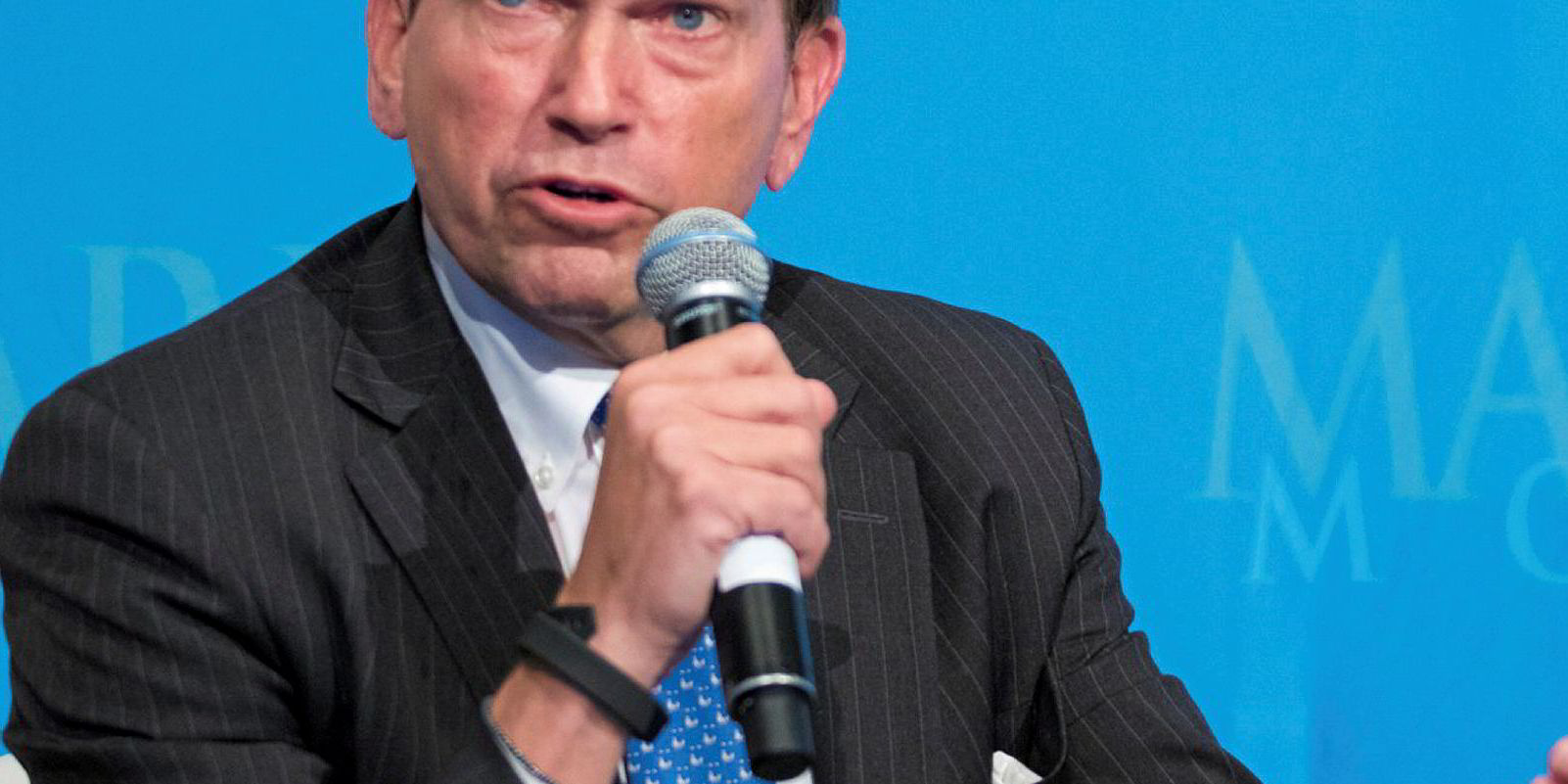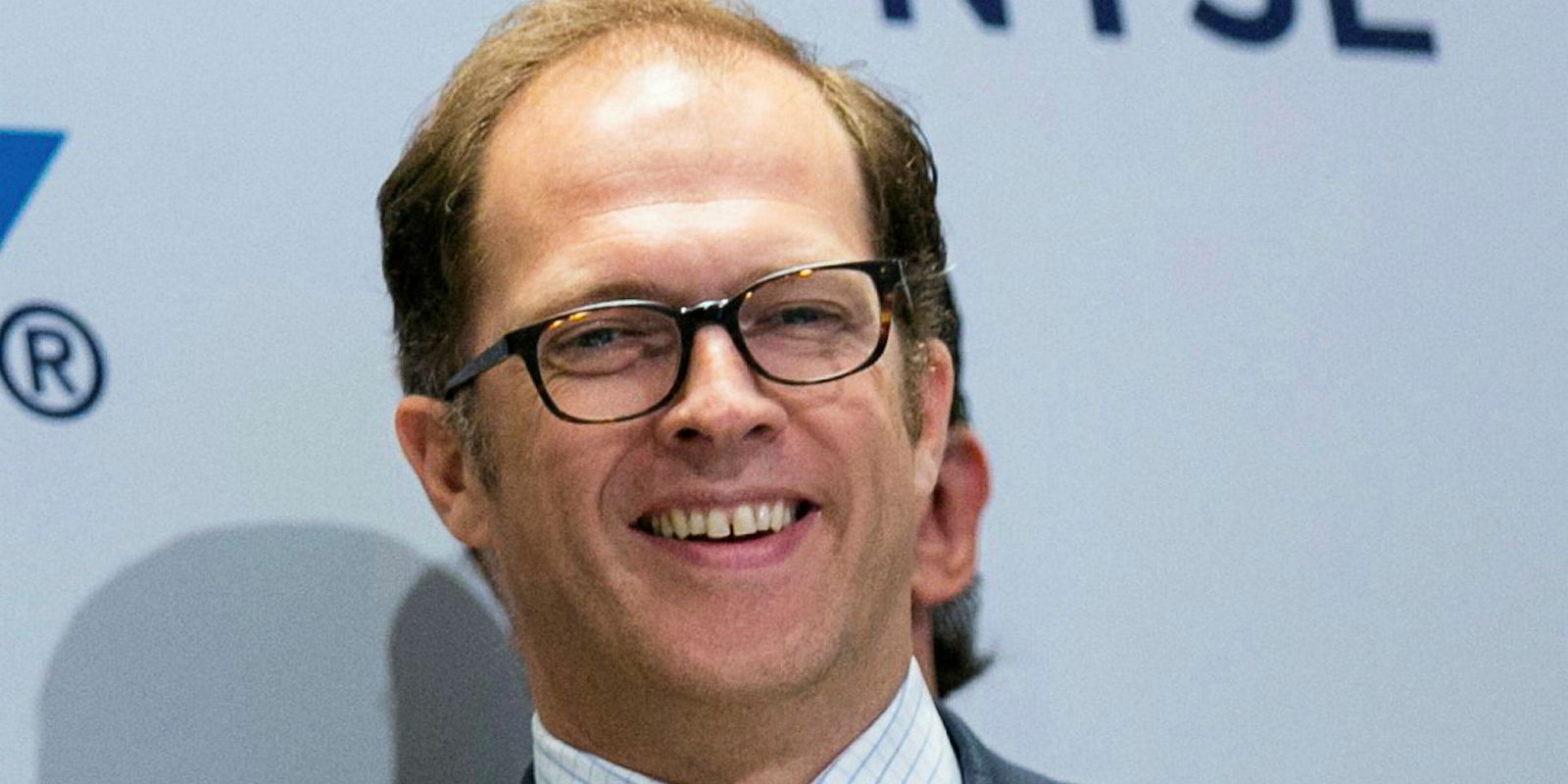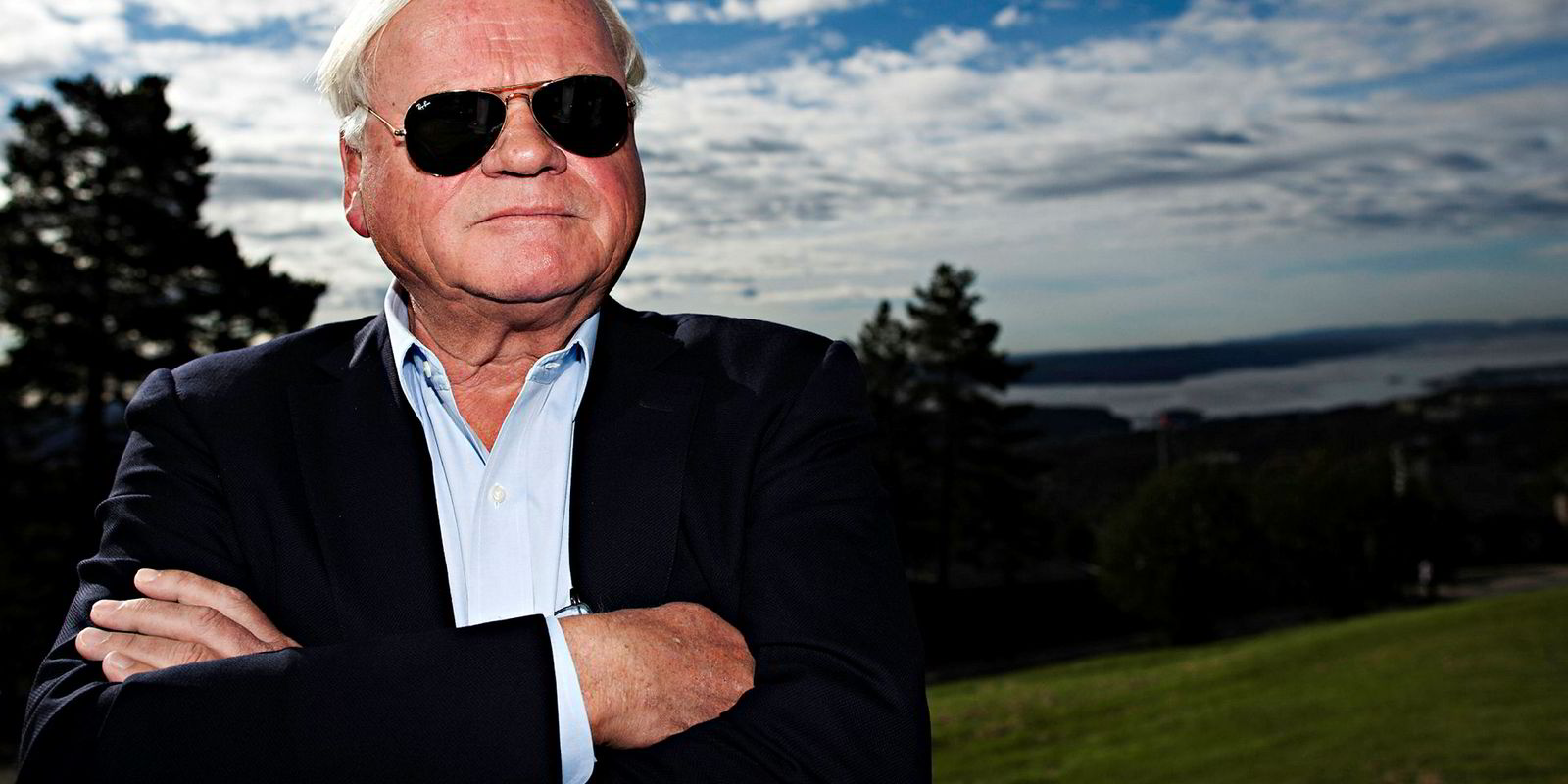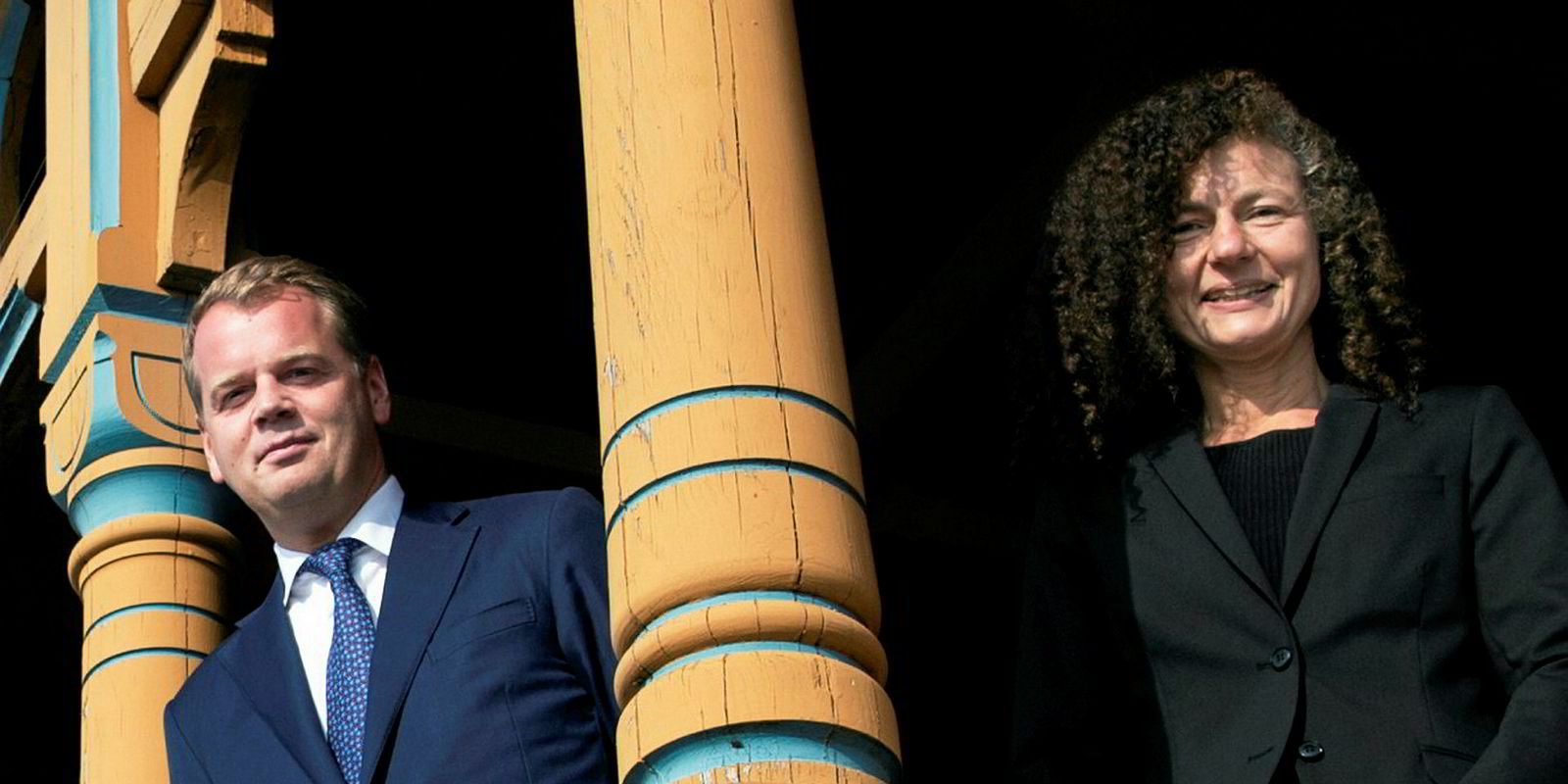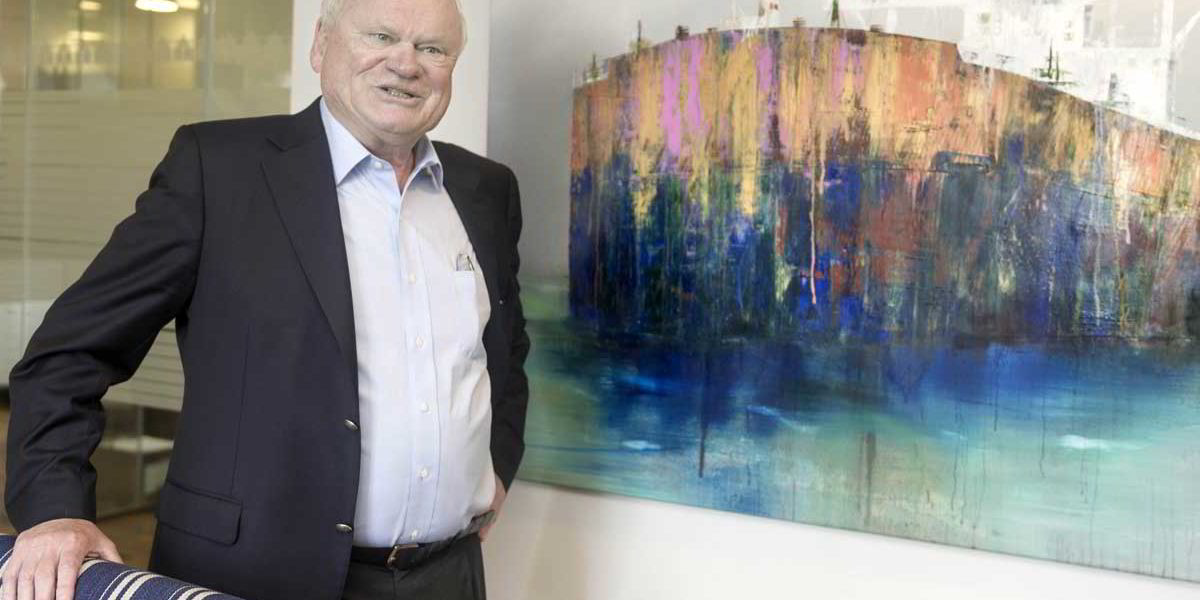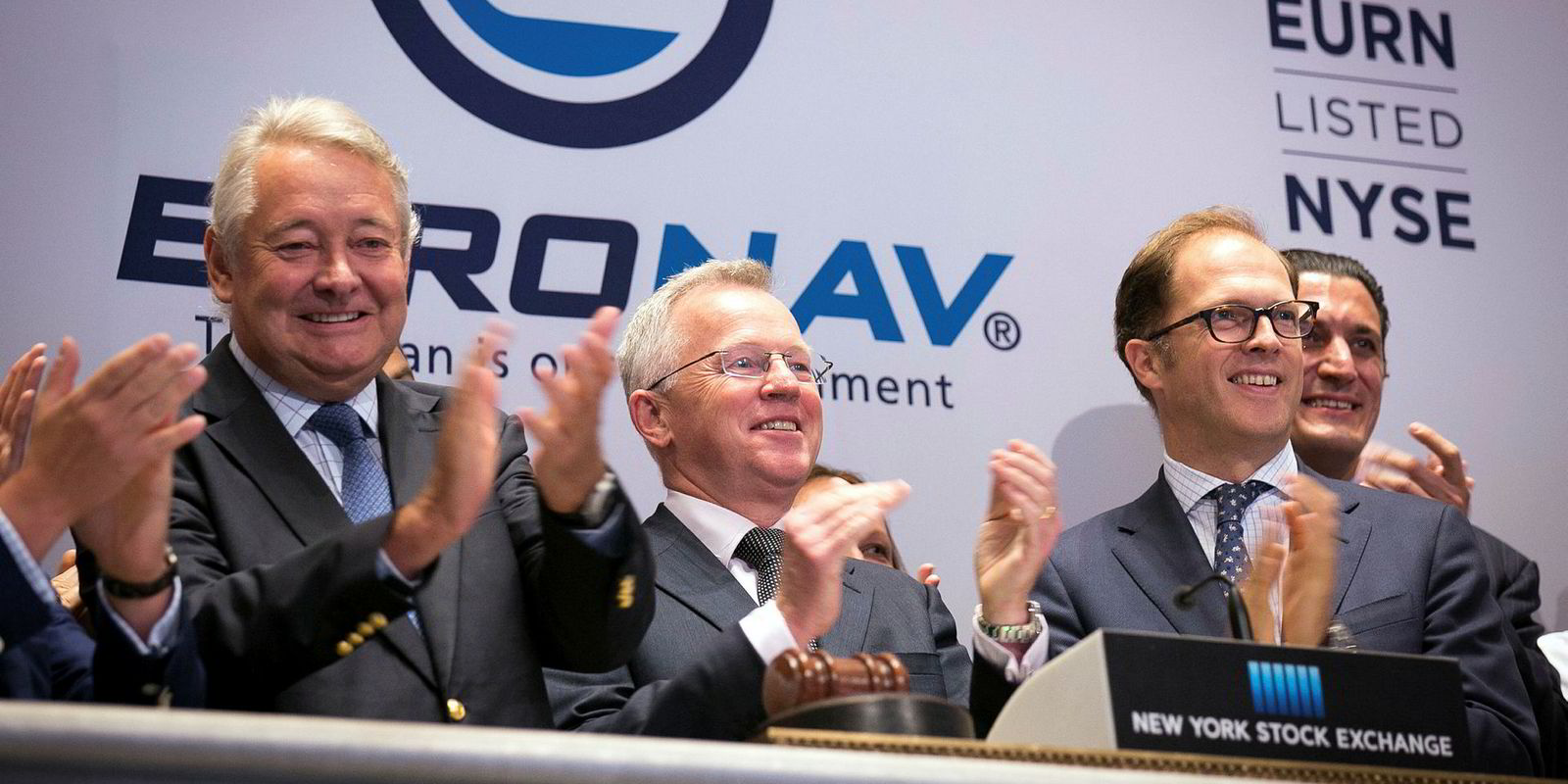John Fredriksen's Frontline has put a near $1.3bn price tag around its neck, sparking some excitement about one of the industry's famous consolidators becoming a takeover target.
While tanker market sources are dismissive of the idea the hunter becoming the hunted, the thought was seeded by an SEC filing from the Oslo and New York-listed company.
Frontline has assigns itself a fair value of $1.289bn, which includes a “control premium” of 30%.
It attributes this premium to the expected synergies from combining the operations of the company and an acquirer.
It says this would stem from the benefits of operating an enlarged oil tanker fleet and assembled workforce, as well as being able to take advantage of an expected reduction in costs from an expansion in scale.
While that language in itself may raise an eyebrow, sources close to the company say it’s specific to requirements under US generally accepted accounting principles (GAAP) and not a hint of developments in the mergers-and-acquisitions market.
“The chances of Frontline being acquired are about the same as hitting the lottery twice in the same day,” one source said.
On the front foot
Frontline as recently as 2017 was attempting to acquire — or at least merge with — other companies.
First it went after fellow VLCC owner DHT Holdings in a pursuit that even spilled into the courtroom, but to no avail. DHT ultimately found its own combination with the BW Group VLCC fleet.
Undeterred, Frontline then chased New York-based Gener8 Maritime but the latter rebuffed its advances, only to later be acquired by Euronav of Belgium.

Macleod nonetheless has remained one of the more vocal advocates of consolidation in the VLCC market.
"It is evident that the VLCC market would benefit from consolidation. The fleet has never been larger,” he said last November.
“Ultimately, the fleet sits in too many hands and provides charterers the upper hand in periods of market weakness where small owners are often price takers.”
Language dealing with Frontline as the prospective acquired party is in a section of the owner’s quarterly filing dealing with “critical accounting policies and estimates".
Frontline says it conducted a test to determine the need to record an impairment to the “goodwill” portion of its valuation and found no impairment was necessary.
Frontline determines the “fair value” of the company based on its market capitalisation plus a “control premium",”and compares that to the carrying value of its assets.
At 30 June, Frontline’s market capitalisation was $991.7m based on a share price of $5.84. But Frontline calculated its fair value at $1.289bn when including a control premium of 30%.
The larger number exceeded its carrying value of $1.136bn. The excess is classifed as goodwill and not subject to an impairment adjustment at the time, Frontline said.
Frontline was trading at about $5.20 this week and had a market capitalisation near $885m.
History of deal-making
Frontline was founded in 1985 and initially traded on the Stockholm Stock Exchange. Fredriksen’s Hemen Holding became its major shareholder in 1996 and soon switched its listing to Oslo.
In 1998 Frontline merged with Fredriksen’s London & Overseas Freighters, creating the Frontline of today.
A year later it bought the six 1970s-built ultra large crude carriers (ULCCs) from Greek owner Latsis for $130m, a deal which Fredriksen later said he regretted.
Around the turn of the century was Frontline’s Golden period for deal-making, including the famous takeover of then VLCC owner Golden Ocean from Fred Cheng. It also saw the creation of spin-offs, including Ship Finance International.
In the past five years Euronav has been a dominant force in VLCC mergers and acquisitions, with major transactions signed with the Maersk Tankers, Metrostar and Gener8 Maritime.
DHT has two deals under its belt, having followed the capture of the Samco fleet in 2014 with the BW transaction in 2017.
Other landmark deals in the sector include Peter Georgiopoulos-backed General Maritime buying the Scorpio Tankers fleet and later merging with Navig8 Crude.


